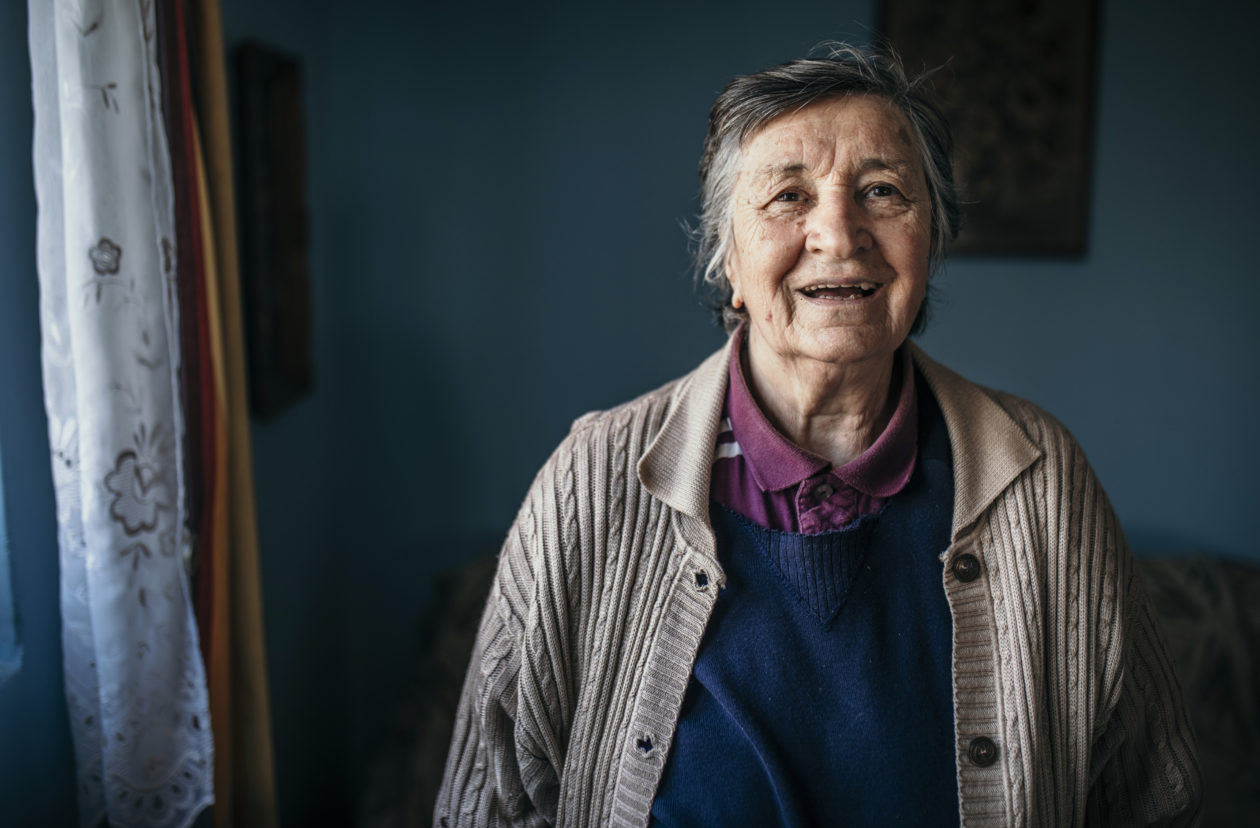“Still terrible”- How NZ compares globally
A new global report into dementia highlights the astounding fact that 75 per cent of all dementia cases worldwide, over 41 million cases, go undiagnosed, making effective support all the harder to access.

The findings are included in the just-released 2021 World Alzheimer Report, compiled by Alzheimer’s Disease International (ADI).
The ‘undiagnosed figure’ in New Zealand is probably closer to 50 per cent, but that’s still terrible, and means many New Zealanders are denied their right to a diagnosis, something that’s not in question for any other health condition.
And by being unable to get a diagnosis, people affected by dementia may not understand what’s happening to them and may not be able to get help they desperately need.
They are effectively denied the right to live their best possible lives with a health condition for which there is no treatment and no cure.
The ADI report highlights a raft of significant concerns about the way dementia is poorly diagnosed and managed around the globe.
By far the majority of these concerns apply to New Zealand, which despite calls by the World Health Organization (WHO), has no national dementia plan in place.
A Demetia Action Plan has been written, it’s been actively endorsed by the dementia community in New Zealand and addresses most of the concerns that have been raised, both here, by organisations like ours and by global agencies like ADI.
The Plan’s also been supported in principle by the government, but we’re still waiting for government to actually deliver on it.
We’re not sure what the hold up is, but we hope this report, and the NZ Dementia Economic Impact Report that will be released early next week, lends some much-needed urgency to their decision-making. Key actions in the Plan include:
- Initiatives to help us all reduce the likelihood of developing dementia
- Investing in diagnosis at the primary care stage
- Tackling stigma and discrimination
- Supporting local Alzheimers and Dementia organisations to deliver services and support to those who need it
The ADI report notes ‘Clinician stigma is still a major barrier to diagnosis, with one in three believing nothing can be done’.
Stigma is a major issue in New Zealand as has been highlighted by other Alzheimers NZ research on the issue. ‘Stigma-busting’ is essential to enable timely and accessible diagnosis, for both clinicians and the public. And a timely diagnosis of dementia is critically important, just like it is for any other health condition.
A diagnosis is a key factor in enabling people affected by the condition to make plans, to get the help they need, and to live their best life possible.
Pamela Allen’s husband, Andrew (61), developed symptoms of dementia in 2018. It took over two years and a change of GP before they got a diagnosis of Andrew’s dementia.
“Our GP, whom we knew very well, just wouldn’t listen. Kept telling us there was nothing wrong with Andrew when we knew full well there was something going on, but we didn’t know what.
“We had to change GPs before we got a medical practitioner to listen to us and take us seriously. It was very frustrating, but once we found a GP who understood what was happening, she took action immediately and Andrew got the help he needed. But it was a long journey for both of us.”
Psychiatrist of Old Age at Canterbury DHB Dr Matthew Croucher says New Zealand already has the tools and the personnel to diagnose dementia in most cases.
“We also have all the tools to support people with a new diagnosis and their whānau to live positively, to plan ahead, and to minimise the negative effects of their illness.
“What we don’t have is consistency in the availability and accessibility of these things. Nor do we have time to muck around because our population is aging rapidly, and there’s a huge group of people with dementia in this country who can’t access even a minimum standard of what they need.
“This ADI report reinforces the urgent need for New Zealand to have a Dementia Action Plan. The WHO knew this back in 2017 but we are still waiting for concrete action by our government and our health system’s leaders.”
-

World Alzheimer Report 2021
Journey through the diagnosis of dementia
The report includes over 50 essays from leading experts around the world and is supported by findings from 3 key global surveys, including: 1,111 clinicians, 2,325 people with dementia and carers, and over 100 national Alzheimer and dementia associations.

